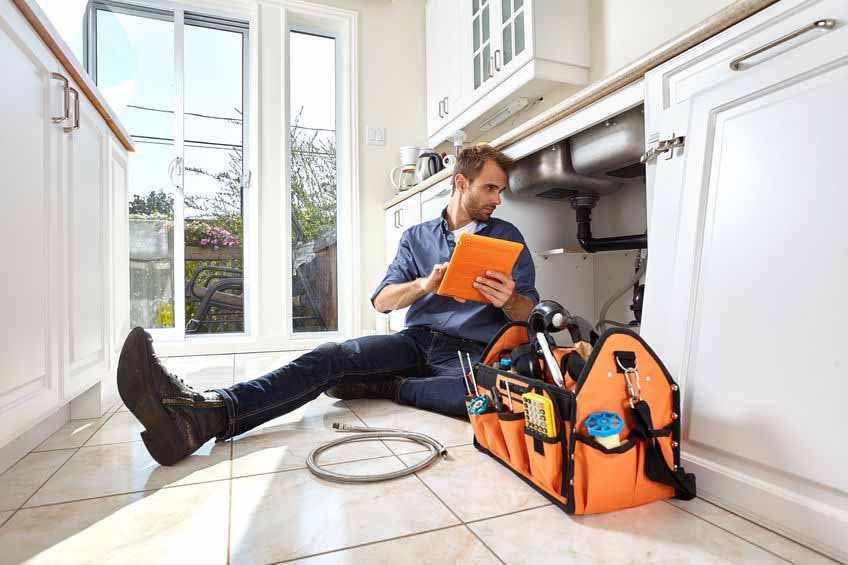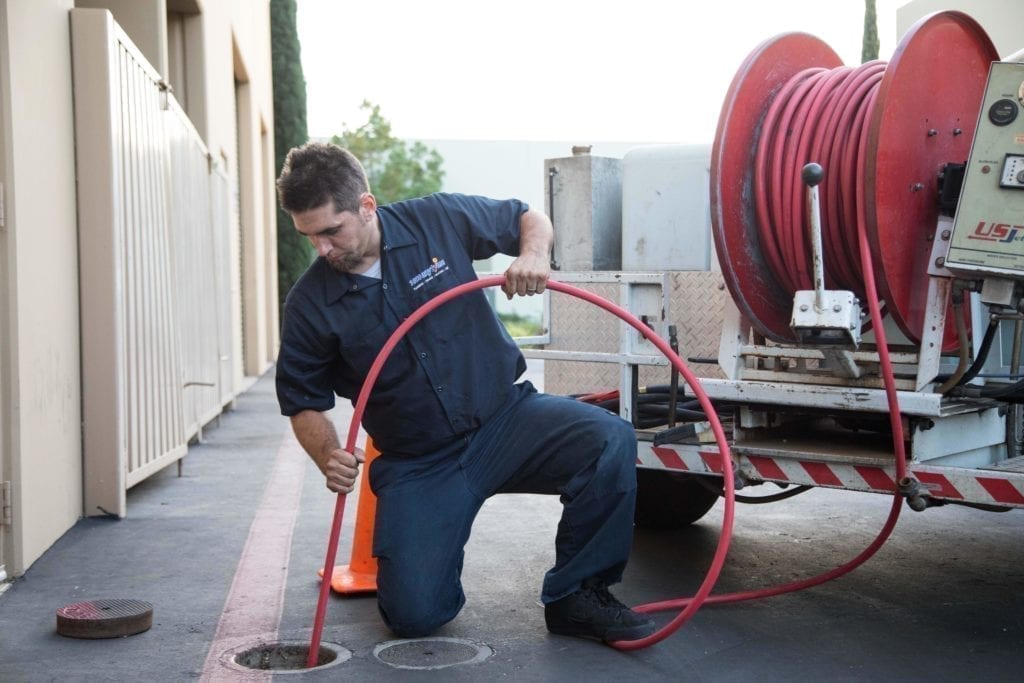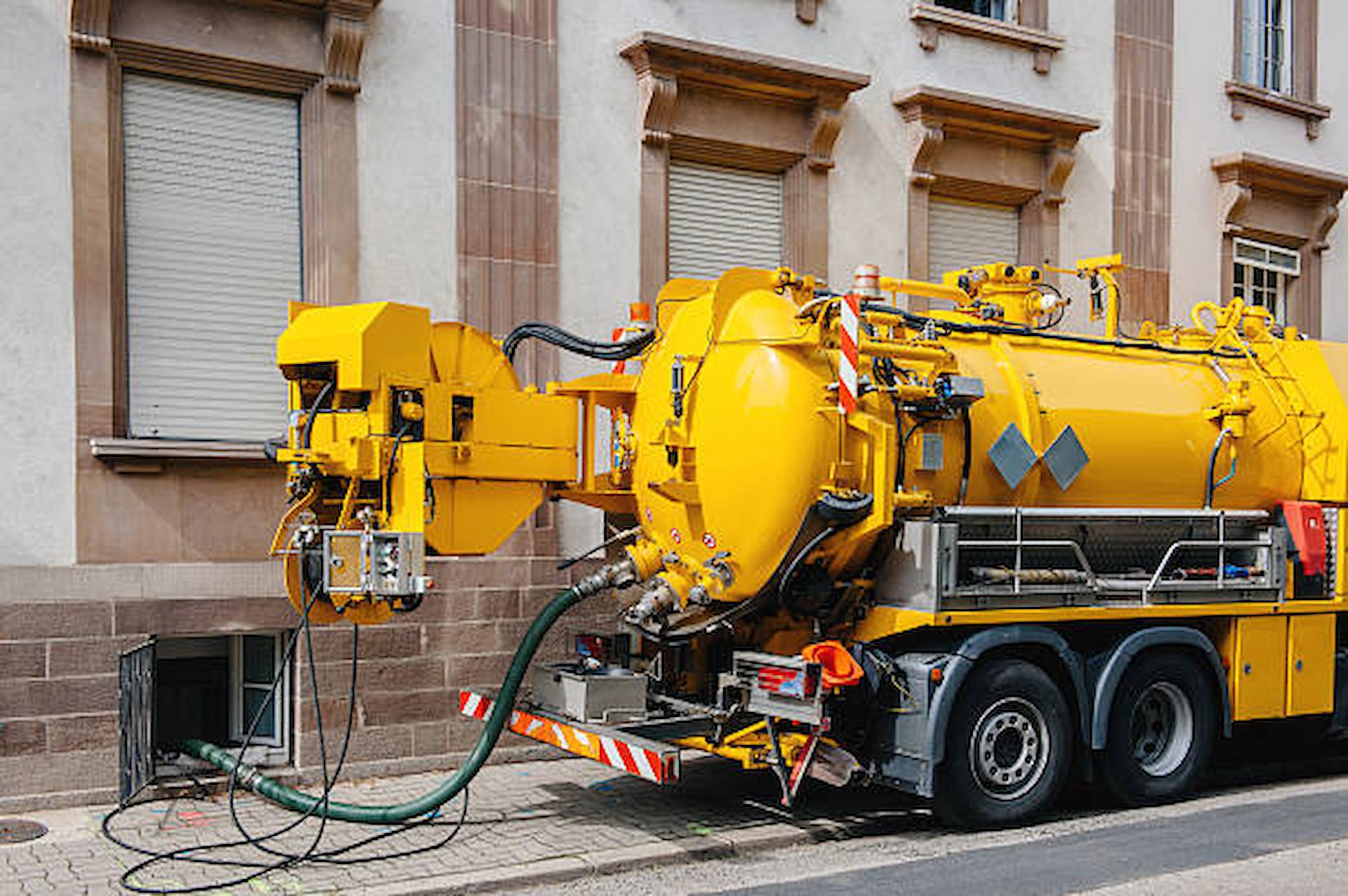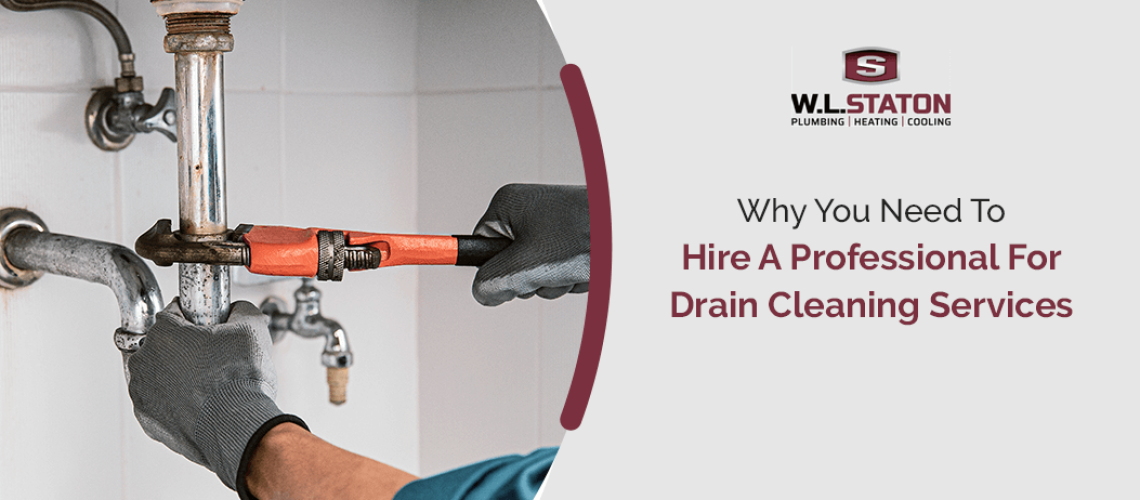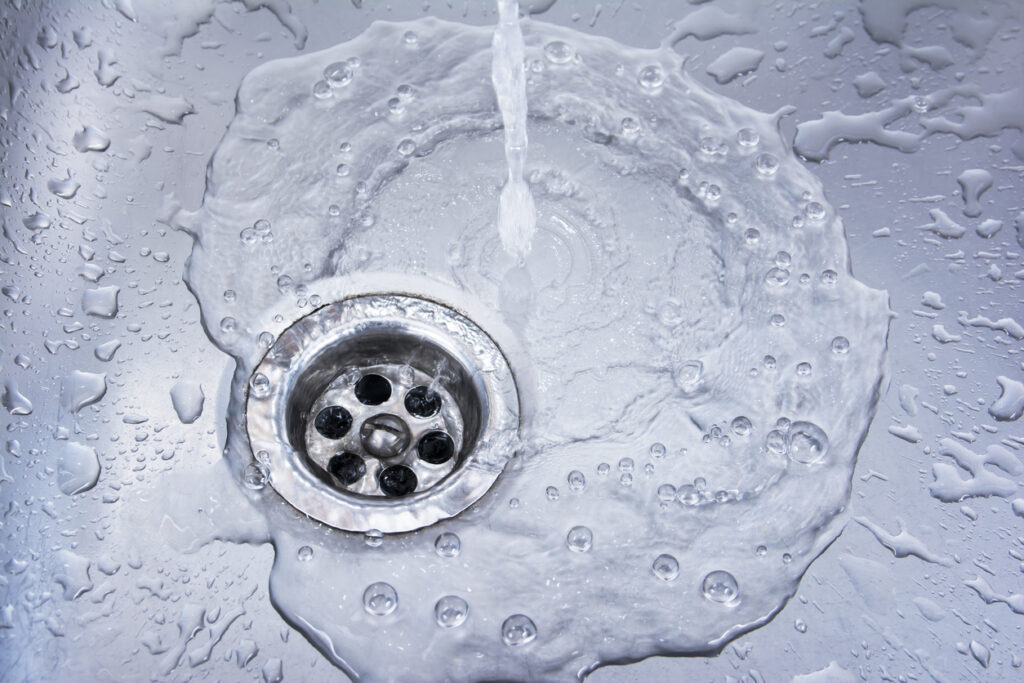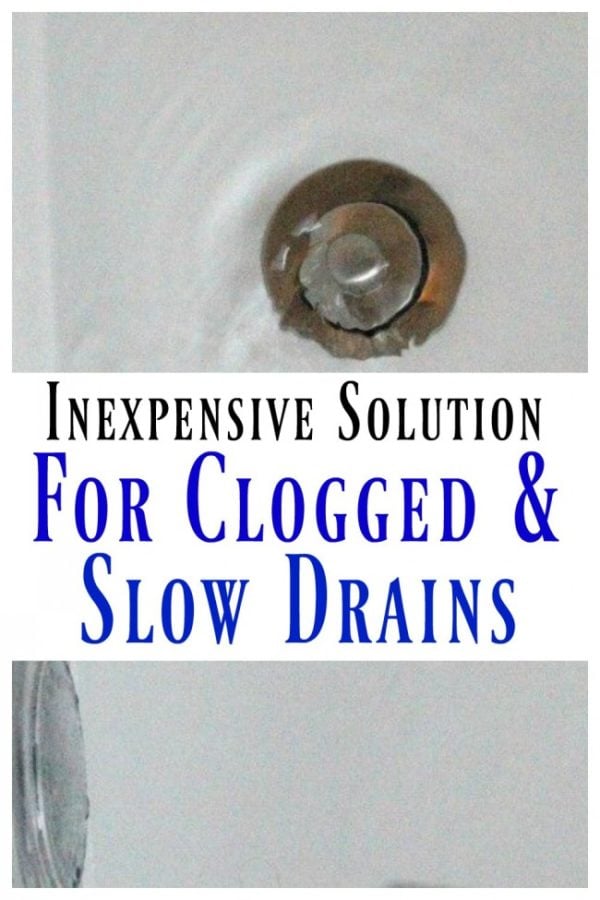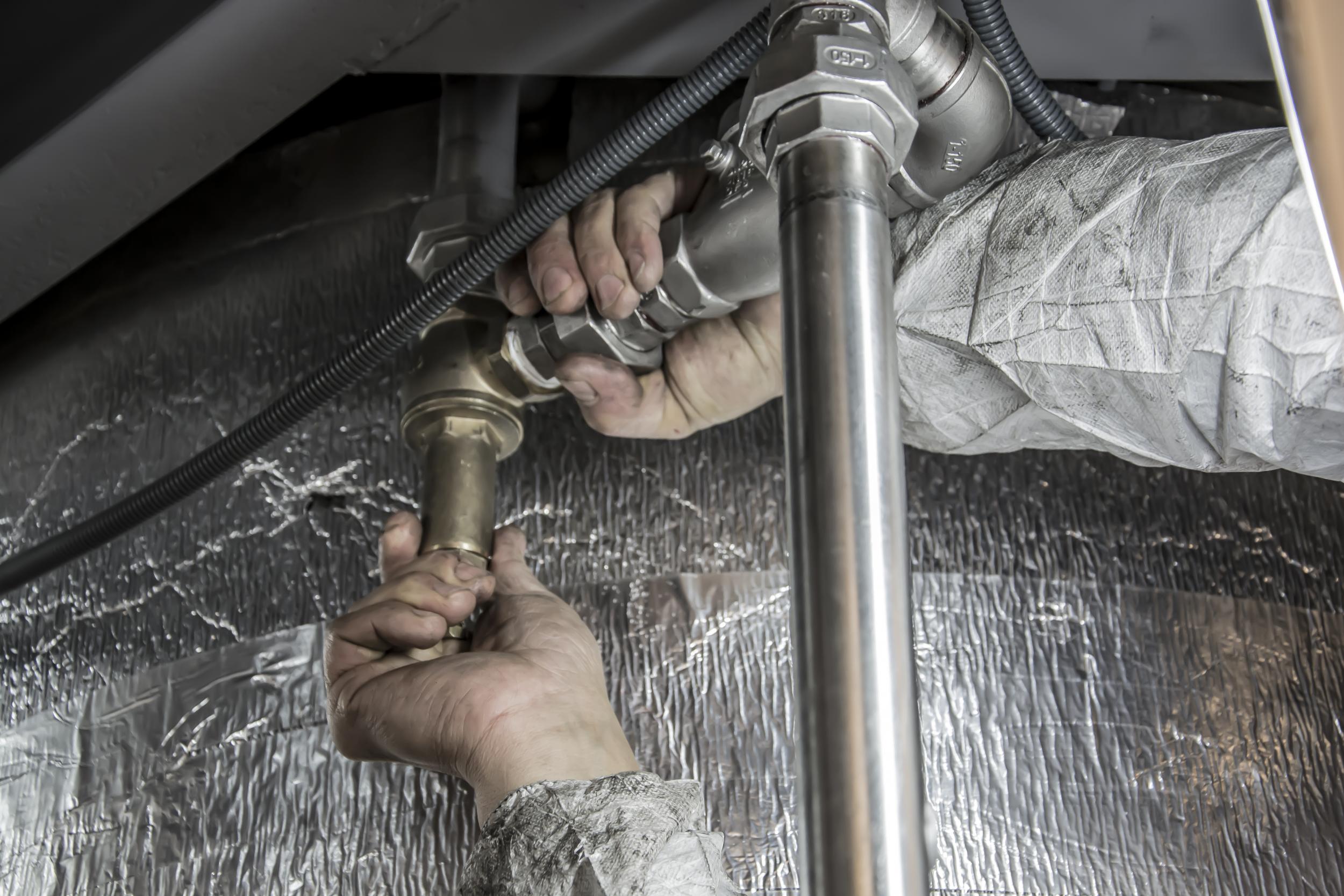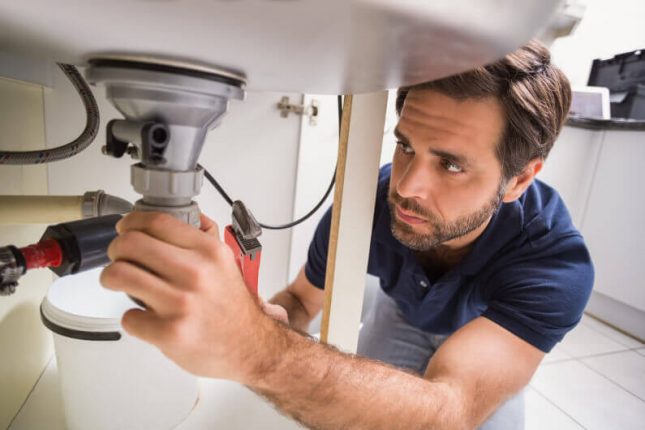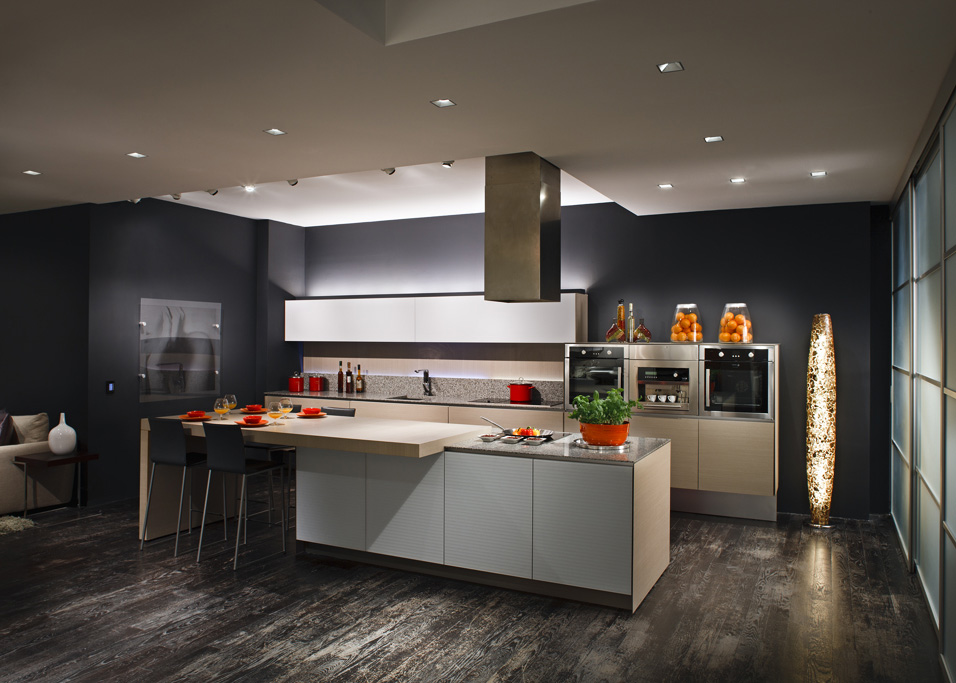If you're facing the problem of a slow draining kitchen sink, the first thing you'll want to do is find a solution. Luckily, there are several ways to unclog a drain and get your sink running smoothly again. One of the most effective solutions is using a plunger. Simply place the plunger over the drain and plunge several times until the clog is dislodged. You can also try using a drain snake or a mixture of hot water, dish soap, and baking soda to break up the clog.1. Clogged Drain Solutions
If the plunger method doesn't work, it's time to move on to more advanced techniques. One option is to use a drain snake, also known as a plumbing snake. This tool is designed specifically for unclogging drains and can reach deep into the pipes to break up stubborn clogs. Another option is to use a chemical drain cleaner, but be sure to follow the instructions carefully and use gloves and protective eyewear to avoid any accidents.2. How to Unclog a Kitchen Sink
If you prefer to take a more natural approach to unclogging your kitchen sink, there are several DIY methods you can try. For example, you can mix equal parts baking soda and vinegar and pour it down the drain. Let it sit for a few minutes before flushing it with hot water. You can also try using a combination of salt and hot water, or a mix of hot water and dish soap. These methods can be effective for minor clogs and are safe for your pipes.3. DIY Drain Cleaning Tips
Understanding the causes of a slow draining sink can help you prevent future clogs. One of the most common causes is the buildup of food particles and grease in the pipes. Over time, this buildup can create a blockage that slows down the drainage process. Other common causes include hair, soap residue, and foreign objects accidentally going down the drain. By being mindful of what goes down your sink, you can prevent clogs from happening in the first place.4. Common Causes of Slow Draining Sinks
As mentioned earlier, a mixture of baking soda and vinegar can be an effective way to clear a clogged kitchen sink. This method works because the chemical reaction between the two ingredients creates a fizzing action that can break up stubborn clogs. To use this method, pour half a cup of baking soda down the drain, followed by half a cup of vinegar. Let it sit for 10-15 minutes before flushing it with hot water.5. Using Baking Soda and Vinegar to Clear a Clogged Sink
If all else fails, it's time to call in the professionals. A plumbing company can provide you with a professional drain cleaning service that will thoroughly clear out any clogs in your kitchen sink. They have the necessary tools and expertise to handle even the toughest clogs, and can also give you tips on how to prevent future clogs.6. Professional Drain Cleaning Services
The best way to deal with a slow draining kitchen sink is to prevent it from happening in the first place. You can do this by being mindful of what goes down your sink. Avoid putting food scraps, grease, and oils down the drain, and use a sink strainer to catch any small particles. Regularly cleaning your sink with a mixture of hot water and dish soap can also help prevent buildup in the pipes.7. How to Prevent Slow Draining Sinks
If your kitchen sink is still draining slowly even after trying various methods, it may be a sign of a bigger problem. In some cases, the issue may be with the pipes themselves, such as a clog deep in the plumbing system. If you're experiencing other plumbing issues in addition to a slow draining sink, it's best to call a professional plumber for a thorough inspection and repair.8. Troubleshooting a Slow Draining Kitchen Sink
If you prefer to use natural remedies, there are a few options for keeping your kitchen sink draining smoothly. One popular method is using a mixture of salt, baking soda, and hot water. You can also try pouring boiling water down the drain once a week to help prevent buildup. Alternatively, you can use enzyme-based drain cleaners, which use natural enzymes to break down clogs.9. Natural Remedies for a Slow Draining Sink
While a slow draining sink may seem like a minor inconvenience, it can actually be a sign of a bigger plumbing issue. If you notice that multiple drains in your home are slow, or if you're experiencing other plumbing problems, it's best to call a professional plumber. They can determine the cause of the slow draining sink and provide you with the necessary repairs to get your plumbing system back to normal.10. Signs You Need to Call a Plumber for a Slow Draining Sink
Kitchen Sink Drainage: A Common Household Issue

The Importance of a Well-Functioning Kitchen Sink
 The kitchen sink is an essential part of any household, serving as a place to wash dishes, prepare food, and even clean pets. However, when the sink starts to drain slowly, it can become a major inconvenience and disrupt daily activities. This is a common issue that many homeowners face, and it can be caused by a variety of factors. It is important to address a slow-draining kitchen sink promptly to avoid further complications.
The kitchen sink is an essential part of any household, serving as a place to wash dishes, prepare food, and even clean pets. However, when the sink starts to drain slowly, it can become a major inconvenience and disrupt daily activities. This is a common issue that many homeowners face, and it can be caused by a variety of factors. It is important to address a slow-draining kitchen sink promptly to avoid further complications.
Possible Causes of Slow Drainage
 There are several reasons why a kitchen sink may start to drain slowly. One of the most common causes is the buildup of food particles, grease, and other debris in the drain pipes. Over time, these materials can accumulate and form clogs, causing the water to drain slowly. Another possible cause is a faulty or clogged drain pipe, which can restrict the flow of water and lead to slow drainage. In some cases, a slow-draining sink may also be a sign of a bigger plumbing issue, such as a blocked sewer line.
There are several reasons why a kitchen sink may start to drain slowly. One of the most common causes is the buildup of food particles, grease, and other debris in the drain pipes. Over time, these materials can accumulate and form clogs, causing the water to drain slowly. Another possible cause is a faulty or clogged drain pipe, which can restrict the flow of water and lead to slow drainage. In some cases, a slow-draining sink may also be a sign of a bigger plumbing issue, such as a blocked sewer line.
The Consequences of Ignoring the Problem
 While a slow-draining kitchen sink may seem like a minor inconvenience, it can have significant consequences if left unaddressed. Firstly, it can make daily tasks in the kitchen more difficult and time-consuming. It can also lead to unpleasant odors and attract pests, such as fruit flies, which are attracted to organic matter in the drain. Moreover, if the issue is caused by a clogged sewer line, it can result in sewage backups and costly repairs.
While a slow-draining kitchen sink may seem like a minor inconvenience, it can have significant consequences if left unaddressed. Firstly, it can make daily tasks in the kitchen more difficult and time-consuming. It can also lead to unpleasant odors and attract pests, such as fruit flies, which are attracted to organic matter in the drain. Moreover, if the issue is caused by a clogged sewer line, it can result in sewage backups and costly repairs.



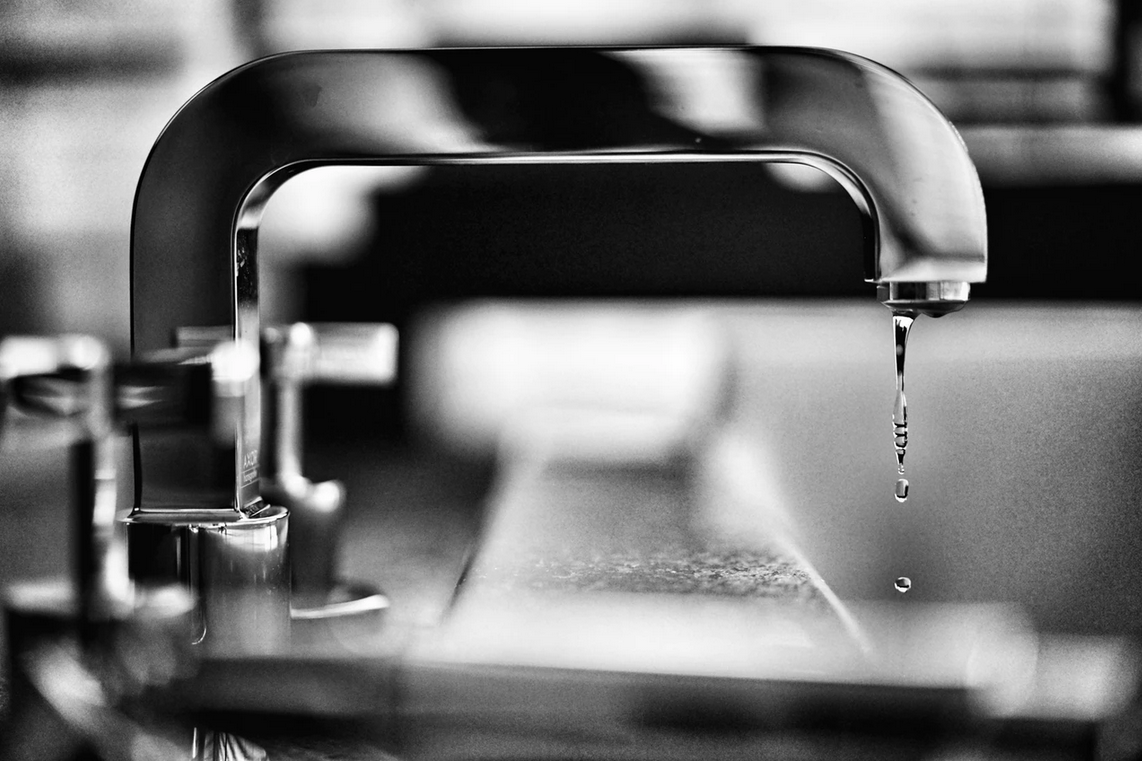









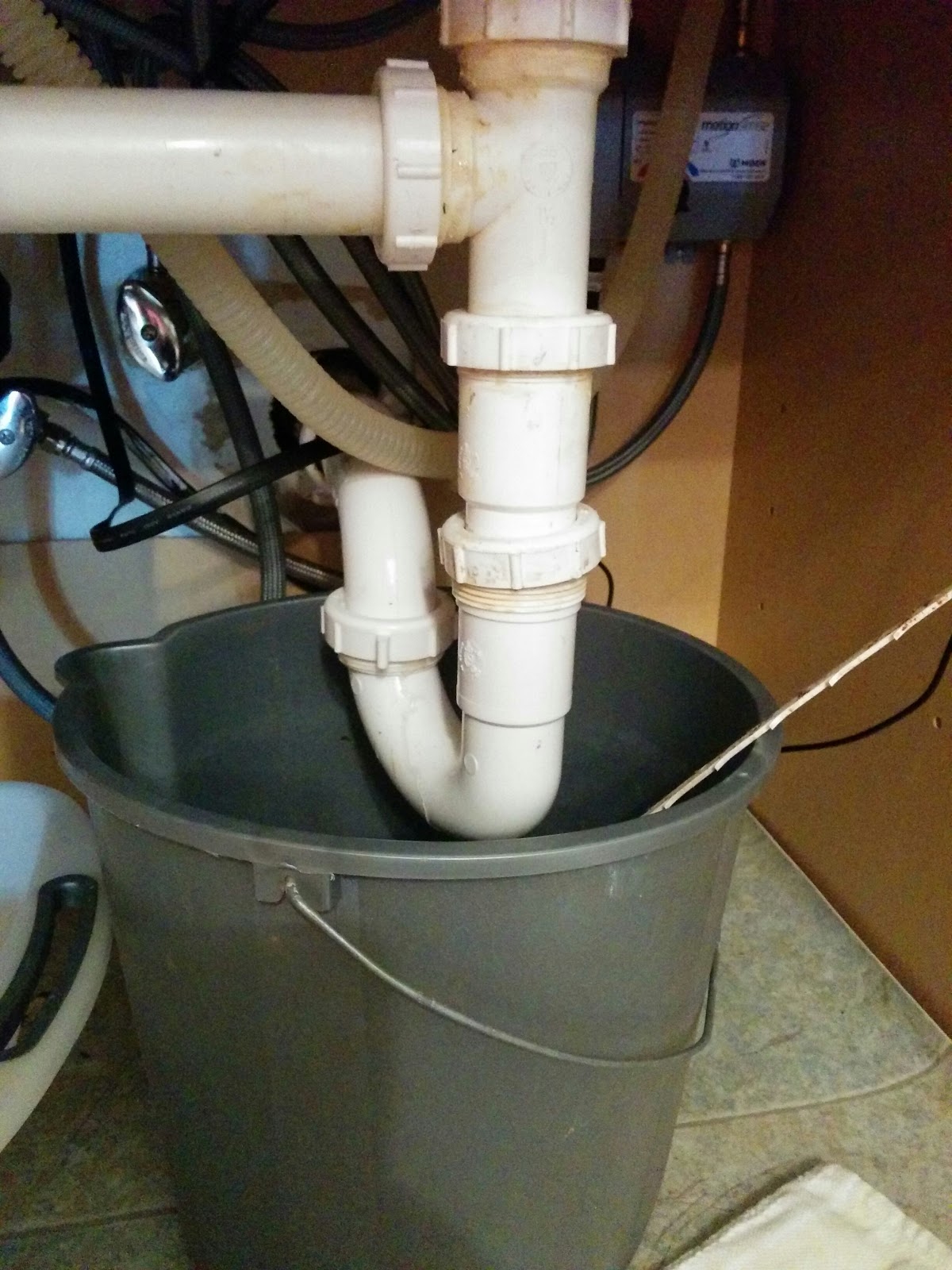


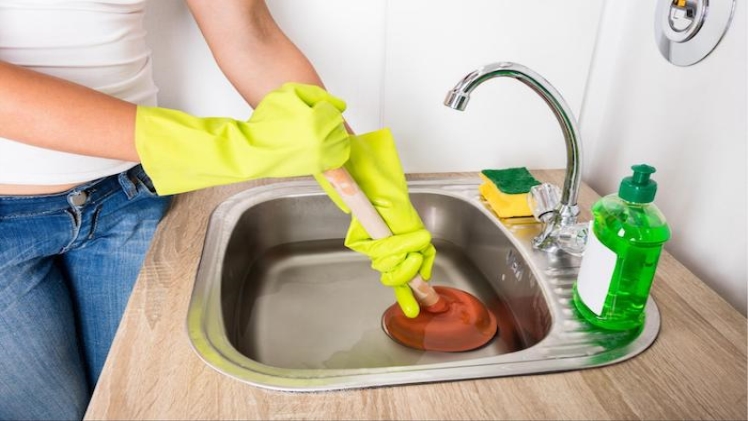





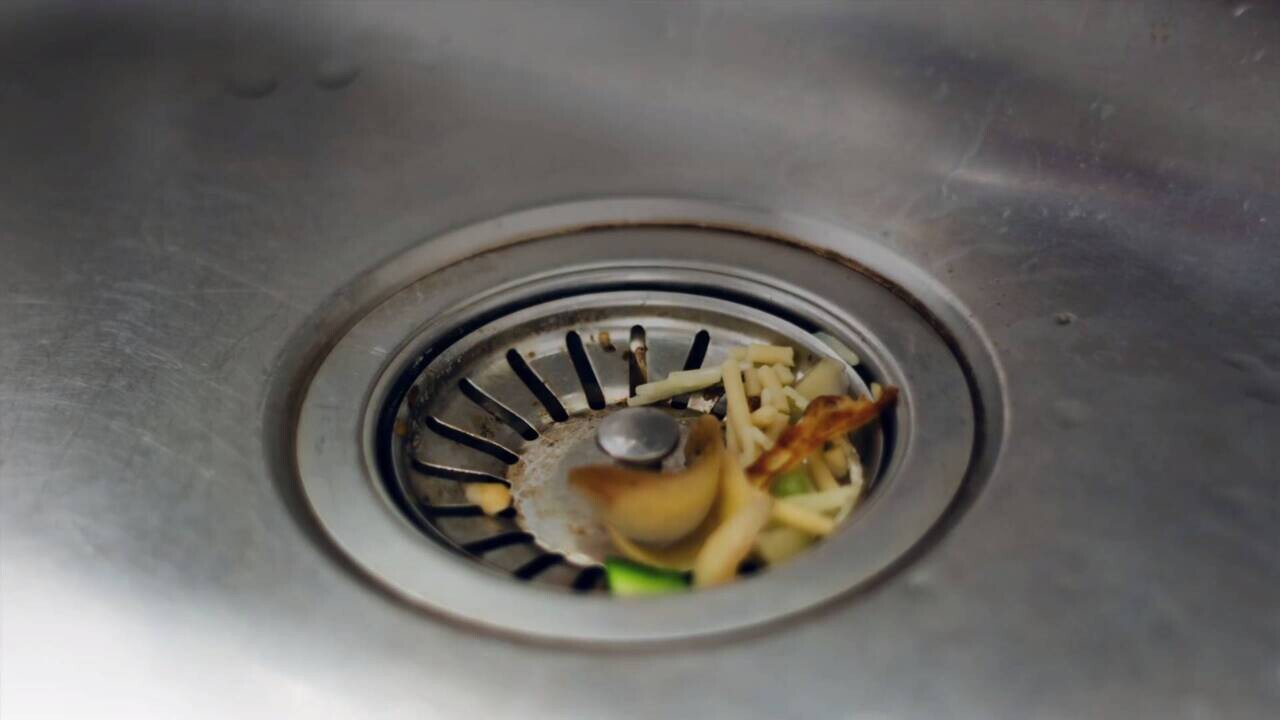
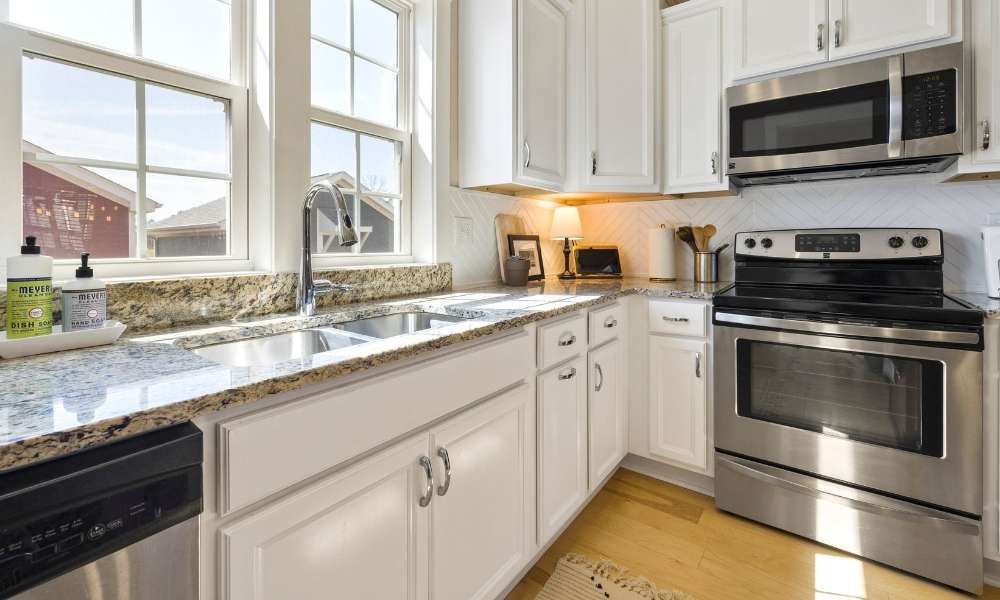
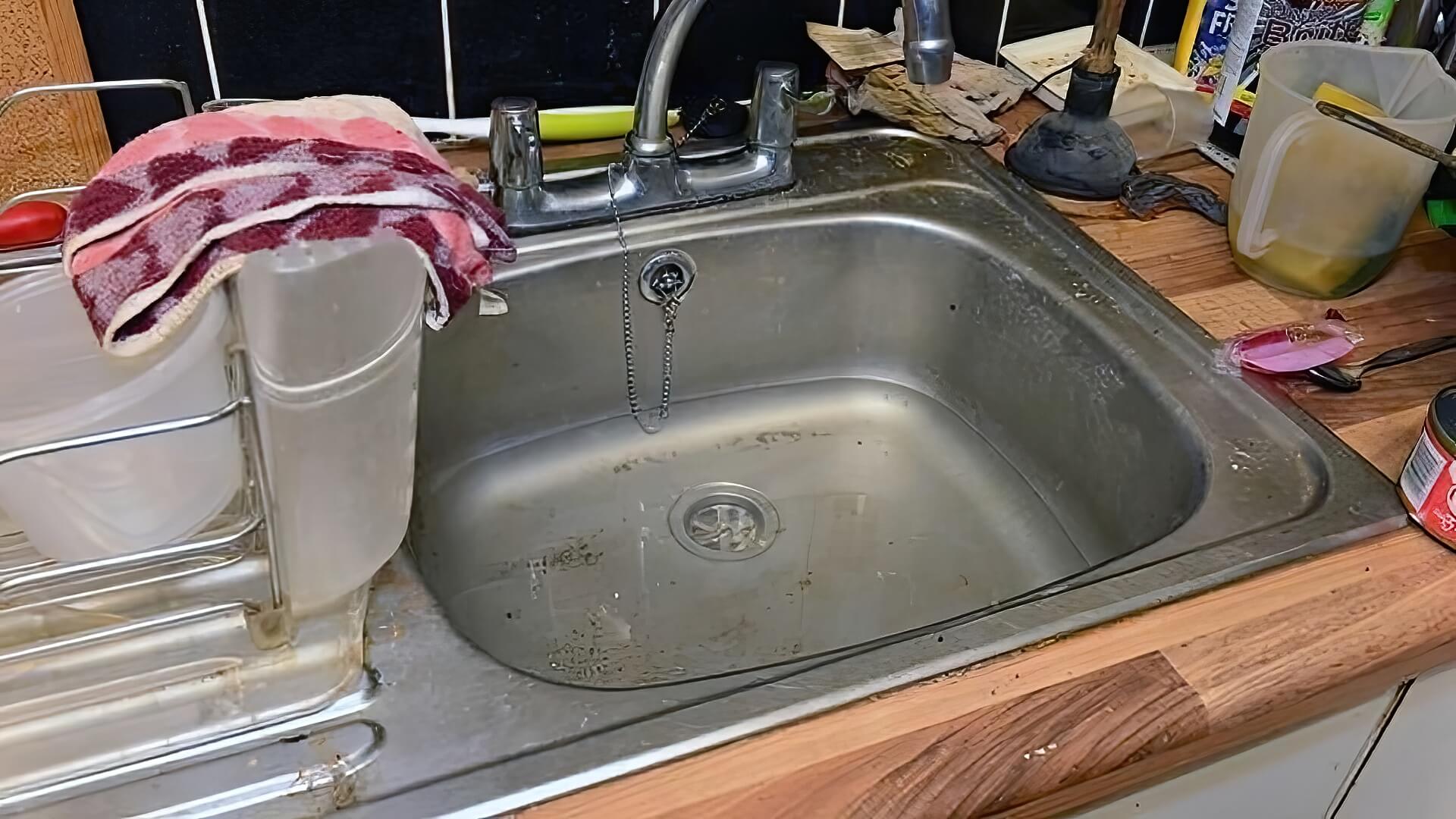
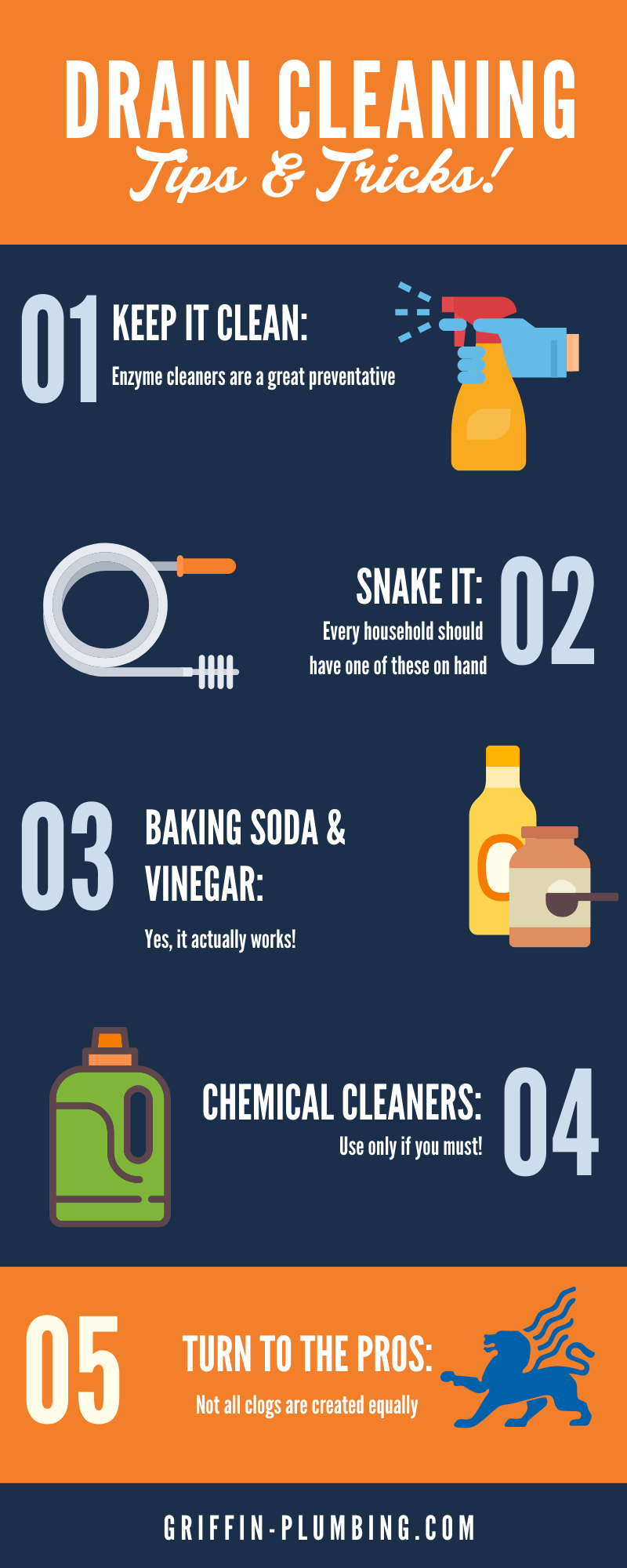


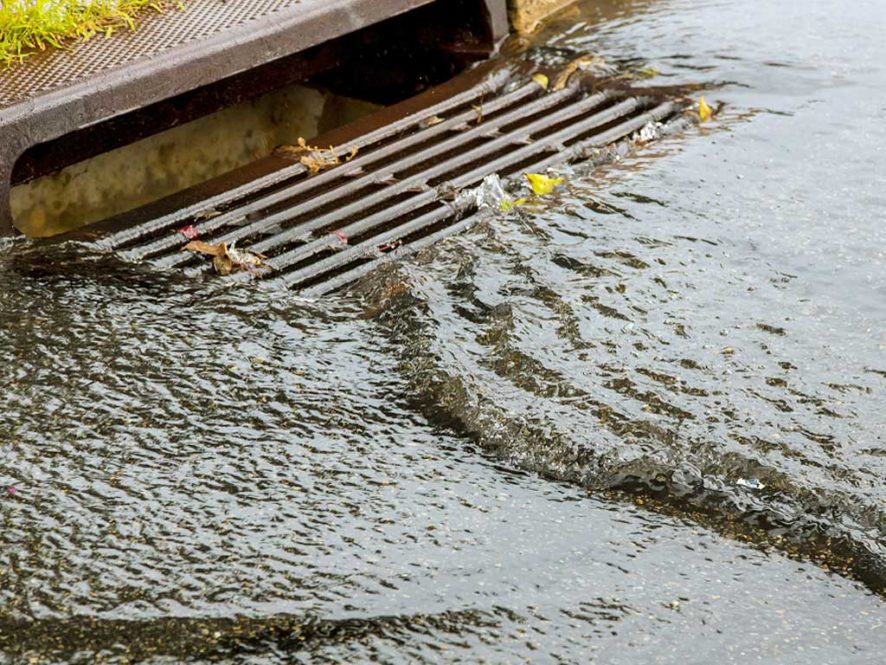
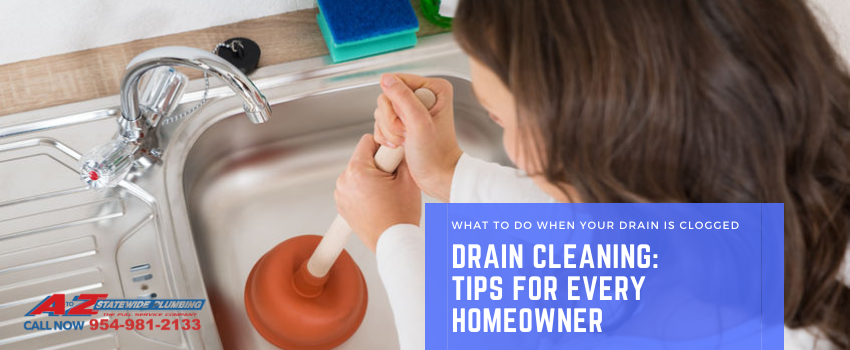
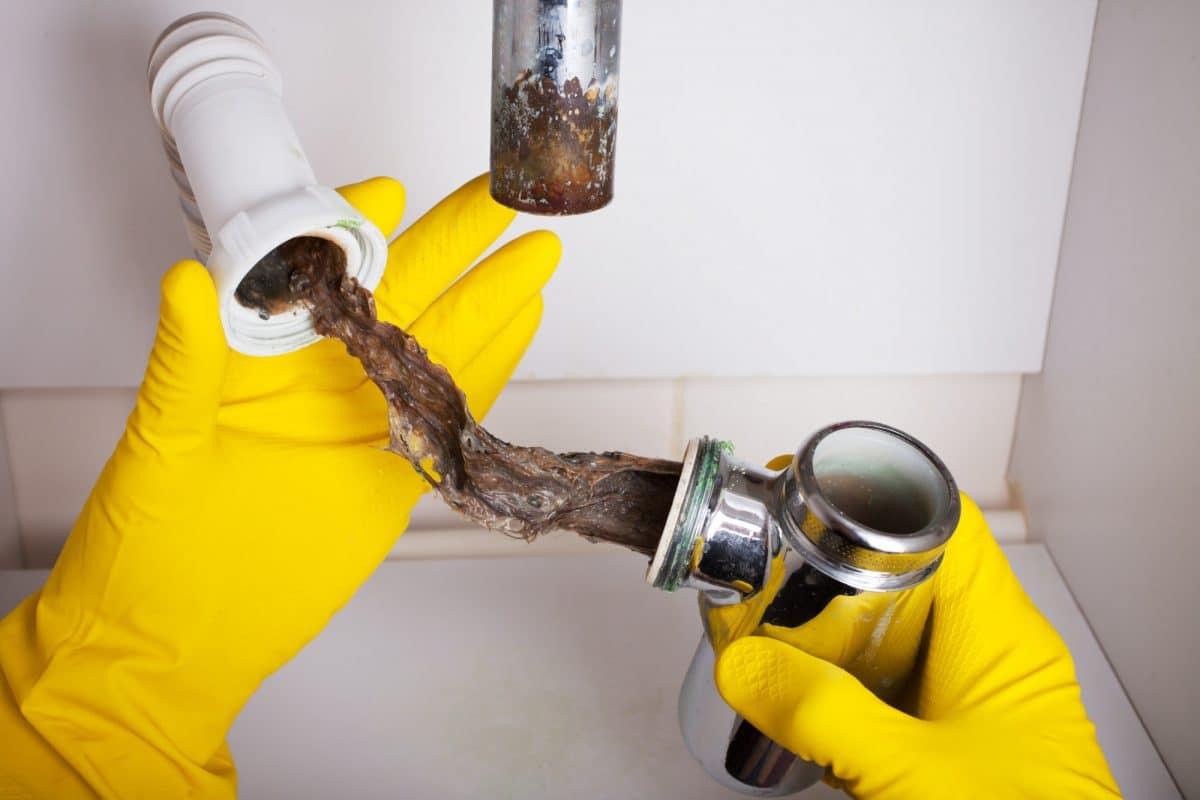



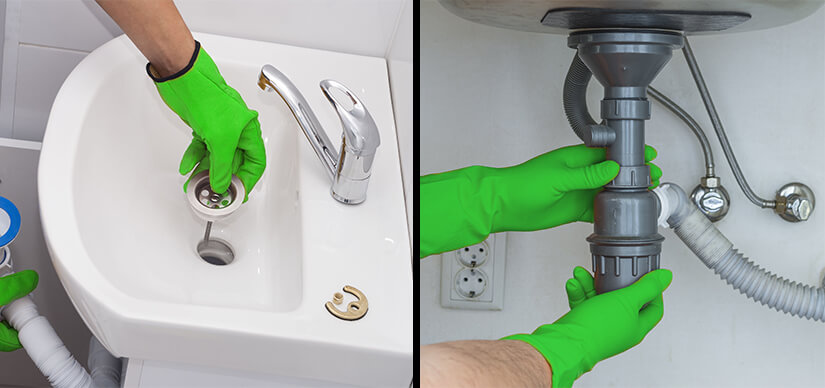





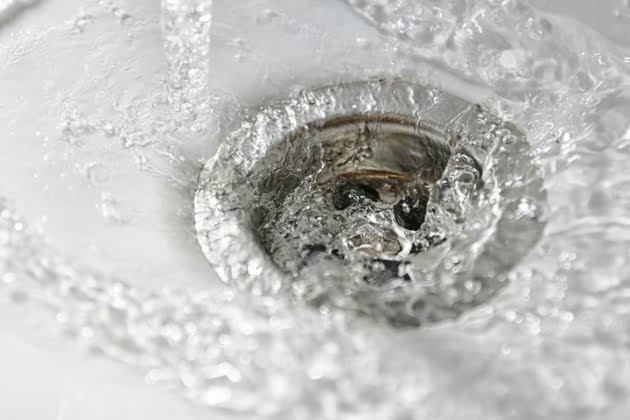
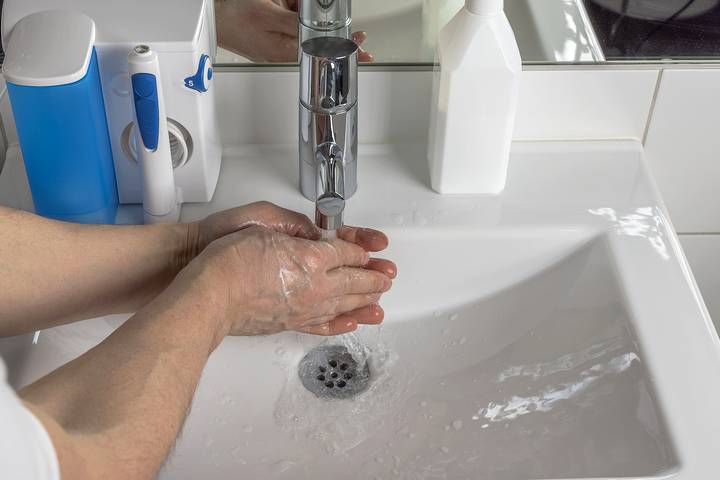


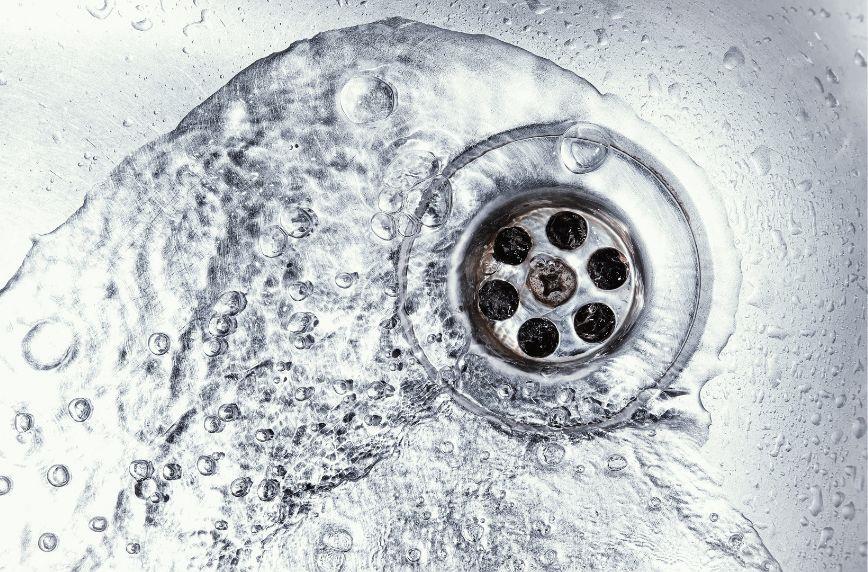






:max_bytes(150000):strip_icc()/freshen-and-unclog-drain-with-baking-soda-1900466-22-bbf940b70afa4d5abef0c54da23b1d3f.jpg)



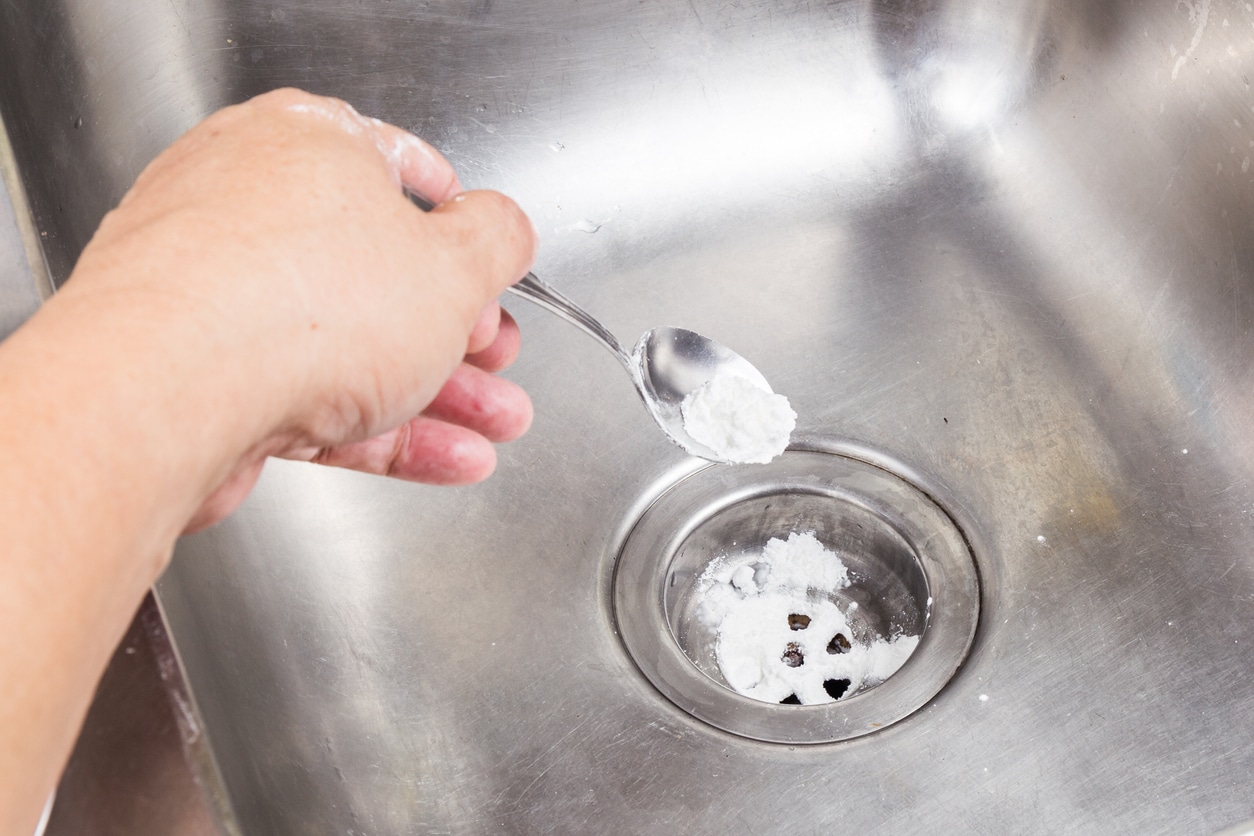

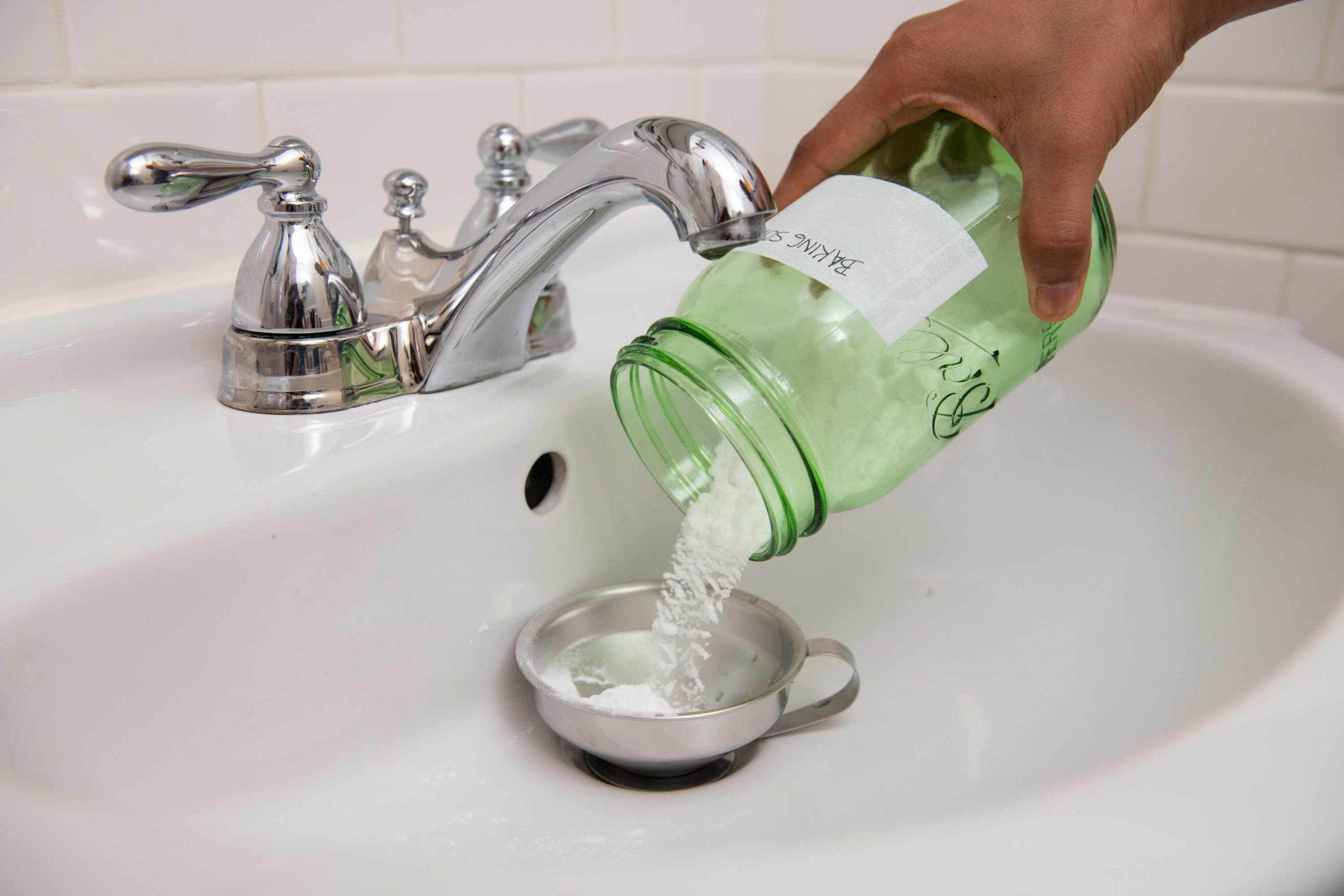




:max_bytes(150000):strip_icc()/BestDrainCleaningServices_edit-a4558e7bcba34b0781f69b27f6eb98fc.jpg)
